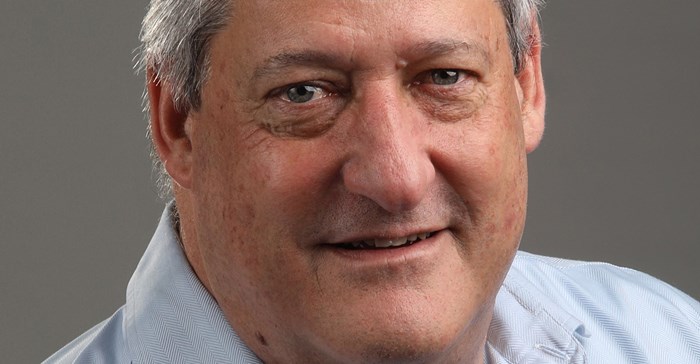In the 1974 movie Juggernaut there is a scene in the end of the movie when the bomb disposal expert, Fallon must choose between two wires - red or white to disarm the bomb. Finally, as the clock ticks, Fallon makes his choice by intuition.

Mel Meltzer, joint manager, Platinum Portfolio
In today’s stock market we are all faced with this difficult decision, which wire are we going to choose. Which one is going to be right?
In the red corner
Stanley Druckenmiller, the billionaire CEO of the Duquesne Family Office believes the stock market is in a mania fuelled by the Federal Reserve and investor greed backed by speculation that will end badly in coming years. “Everybody loves a party but, inevitably, after a big party there's a massive hangover. Right now we’re in an absolute raging mania.”
This massive market rally is due in large part to the measures taken up by the Fed since the pandemic began, Druckenmiller says that while the central bank did a great job in March by cutting rates and launching unprecedented stimulus programmes to sustain the economy, the follow-up market rally has been excessive.
“The merging of the Fed and the Treasury, which is effectively what's happening during Covid-19, sets a precedent that we've never seen since the Fed got its independence. It's obviously creating a massive, massive mania in financial assets," he says.
Berkshire Hathaway Inc's vice chairman, Charlie Munger, points out the current market is a "frenzy”. He says too many people are caught up in the frenzy of activity in the investment field and he is not a fan of everyone getting sucked into finance and getting rich by outsmarting the rest of the world in marketable securities.
Munger expects market returns in the next 10 years to be lower than the previous 10. "The frenzy is so great, and the systems of management, the reward systems, are so foolish. Munger also warns against aggressive monetary easing policies. "We're in very uncharted waters. Nobody has gotten by with the kind of money we’re printing now for a very extended period without some kind of trouble," he said. Warren Buffet's aide believes that the market is on "the edge of playing with fire".
Seth Klarman, the founder of hedge fund Baupost Group, has told clients central bank policies and government stimulus have convinced investors that risk “has simply vanished”, leaving the market unable to fulfil its role as a price discovery mechanism. “With so much stimulus being deployed, trying to figure out if the economy is in recession is like trying to assess if you had a fever after you just took a large dose of aspirin. But as with a frog in water that is slowly being heated to a boil, investors are being conditioned not to recognise the danger.”
Jeremy Grantham writes: “The long, long bull market since 2009 has finally matured into a fully-fledged epic bubble. Featuring extreme overvaluation, explosive price increases, frenzied issuance, and hysterically speculative investor behaviour, I believe this event will be recorded as one of the great bubbles of financial history, right along with the South Sea bubble, 1929, and 2000. But this bubble will burst in due time, no matter how hard the Fed tries to support it, with consequent damaging effects to the economy and on portfolios.”
The white corner
Here we have fund managers and investment banks who have a totally opposite view to the investing legends.
JP Morgan Private Bank states: “Equity valuations are high, but we believe high valuations are deserved. They may even be the new normal as long as global central banks stay accommodative and long-term interest rates remain near secular lows. We think both are good bets over the medium term. We believe stocks are likely to generally outperform fixed income and cash in 2021.”
Marko Kolanovic, global head of macro quantitative and derivatives strategy at JP Morgan, expects $1trn of equity inflows/demand driven by systematic flows, hedge funding positioning, retail buying and share buybacks.
He is forecasting above-average returns on equities (10-20% across low rates and reasonable regions) compared to small losses for fixed income (-2% on developed market growth prospects are taken into bonds) or below-average gains (1% to 4% on parts of credit). The technical backdrop also remains supportive, characterised by an abundance of cash and declining volatility
Ark Investments' Cathy Woods says: “As more investors begin to understand the market signals better and realise that the global economy is not heading into a deflationary bust but is entering into a combination of deflationary booms, the ERP should decline meaningfully, perhaps all the way back to its 2003-2007 average. If so, the turmoil of the last few weeks, in hindsight, will have been a good opportunity to buy low and hop onto the bull market – last quarter 2020.”
CNBC reports that BlackRock has raised equities to overweight for 2021, based on its view that the restart of the economy will accelerate with the distribution of vaccines. The firm is raising equities from neutral on a tactical basis, BlackRock takes equities to overweight for 2021, sees powerful restart to the economy.
So, given the Fallon Choice what does your intuition tell you? The clock is ticking.











































